Free shipping order over 20,000
Pineapple Conure
₨ 21,250 Original price was: ₨ 21,250.₨ 17,000Current price is: ₨ 17,000.
-
- Scientific Name: Pyrrhura molinae
- Size: Approximately 26 cm (10 inches) in length.
- Color: The Pineapple Conure is a color mutation of the Green-Cheeked Conure, Pyrrhura molinae. It has a striking combination of colors, including a yellow chest, green wings, and a reddish-orange belly. The head is usually light yellow or cream with a hint of red, and the cheeks are often a bright, vibrant red. The tail feathers are a mix of green and red, creating a gradient effect. The overall appearance is reminiscent of the colors of a pineapple, hence the name.
- Beak: Medium-sized, strong, and typically grayish-black in color.
- Eyes: Dark brown or black, surrounded by a white, bare eye-ring that contrasts with the colorful plumage.
- Legs and Feet: Grayish or pinkish, with zygodactyl toes (two toes facing forward and two backward), allowing for a strong grip on branches and perches.
SKU: REF. LA-5766-10-1-1-1-1-1-1-1-1-1-1-1-1-1-1-1-1-1-1-1-1-1-1-1-1-1-1-1
Categories: PARROTS, Uncategorized
Tag: parrots
Share
Share on facebook
Share on email
Important Keys:
Habitat
- Distribution: The Pineapple Conure, like other Green-Cheeked Conure mutations, is originally native to South America, particularly in Brazil, Bolivia, Argentina, and Paraguay. However, the Pineapple mutation is primarily found in captivity, where it has been selectively bred.
- Environment: In the wild, Green-Cheeked Conures inhabit forests, woodlands, and savannas. In captivity, Pineapple Conures are kept in spacious aviaries or large cages that allow for plenty of flying and climbing.
Diet
- Primary Food: Seeds, nuts, and fruits are the main components of their diet in the wild. In captivity, a balanced diet includes high-quality pellets, fresh fruits, and vegetables.
- Supplementary Food: Grains, leafy greens, and occasional insects can be provided for additional nutrition.
- Feeding Behavior: Pineapple Conures are active and curious feeders, often exploring their environment while eating. They enjoy foraging toys and puzzles that mimic their natural behaviors.
Breeding
- Breeding Season: In the wild, breeding typically occurs during the rainy season. In captivity, they can breed year-round if provided with suitable conditions.
- Nest Location: In the wild, they nest in tree cavities. In captivity, they prefer nest boxes lined with soft materials like shredded paper or wood chips.
- Egg Quantity: Clutches usually consist of 4-6 eggs.
- Incubation Period: About 23-26 days.
- Fledging: Chicks fledge around 7-8 weeks after hatching.
Lifespan
- In the Wild: Typically around 10-15 years.
- In Captivity: Can live up to 20 years or more with proper care.
Behavior
- Social Structure: Pineapple Conures are social, affectionate, and enjoy the company of both their own kind and humans. They are known for forming strong bonds with their owners, often seeking attention and interaction.
- Vocalization: Their vocalizations are a mix of chirps, squawks, and whistles. While they can be noisy, they are generally quieter than many other parrot species.
- Personality: Pineapple Conures are playful, curious, and intelligent. They enjoy interactive toys, climbing, and spending time with their owners. Their friendly and affectionate nature makes them popular pets, particularly for those looking for a lively and engaging companion.
![]()
Be the first to review “Pineapple Conure” Cancel reply
Related Products
-
-20%
Silver Diamond Firetail Finch
₨ 31,250Original price was: ₨ 31,250.₨ 25,000Current price is: ₨ 25,000. -
-13%
Gray Diamond Firetail Finch
₨ 23,000Original price was: ₨ 23,000.₨ 20,000Current price is: ₨ 20,000. -
-8%
Albino Cut-throat Finch
₨ 65,000Original price was: ₨ 65,000.₨ 60,000Current price is: ₨ 60,000. -
-21%
Euro Bengalese
₨ 3,800Original price was: ₨ 3,800.₨ 3,000Current price is: ₨ 3,000. -
-20%
Zebra Dove
₨ 18,750Original price was: ₨ 18,750.₨ 15,000Current price is: ₨ 15,000. -
-20%
Silver Pied Dove
₨ 15,000Original price was: ₨ 15,000.₨ 12,000Current price is: ₨ 12,000. -
-20%
Red Pied Dove
₨ 12,500Original price was: ₨ 12,500.₨ 10,000Current price is: ₨ 10,000. -
-20%
Cape Dove
₨ 37,500Original price was: ₨ 37,500.₨ 30,000Current price is: ₨ 30,000.
Sign Up for Exclusive Birds Care Tips and Offers from Phool Panchi
Company links
Category
Contact
© 2024 Phool Panchi | Developed By v3Studio


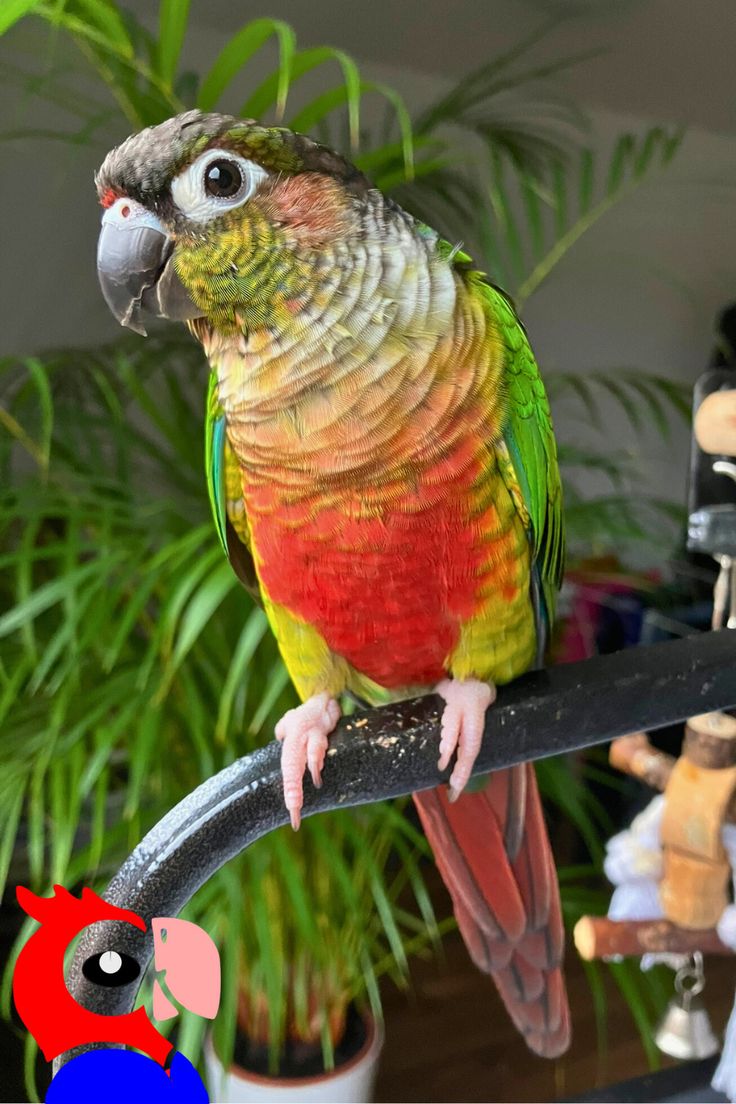




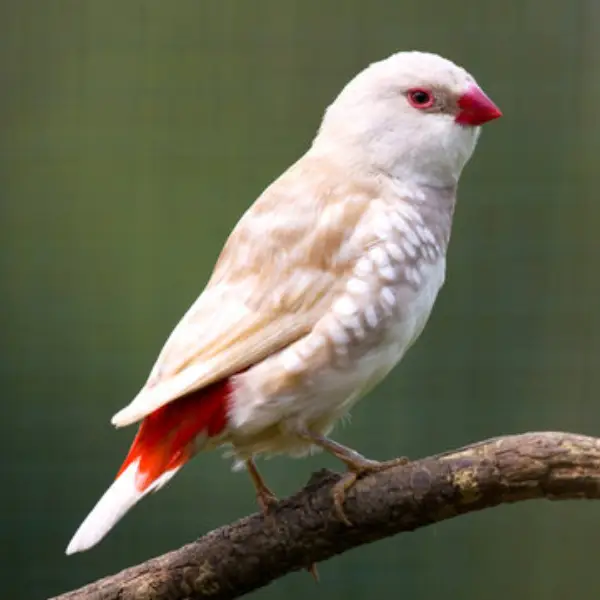
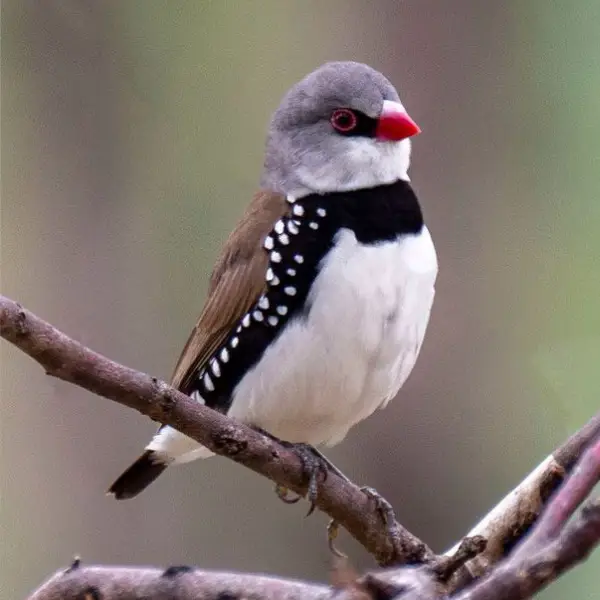
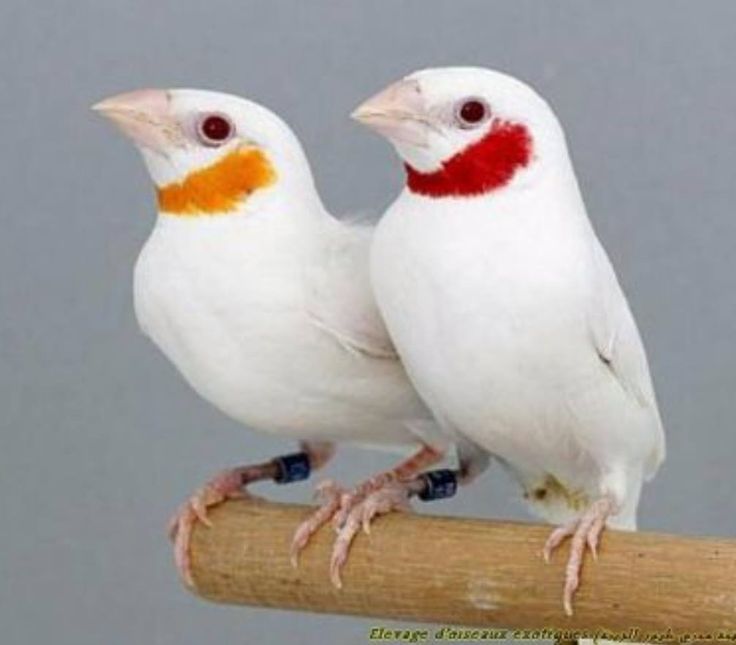

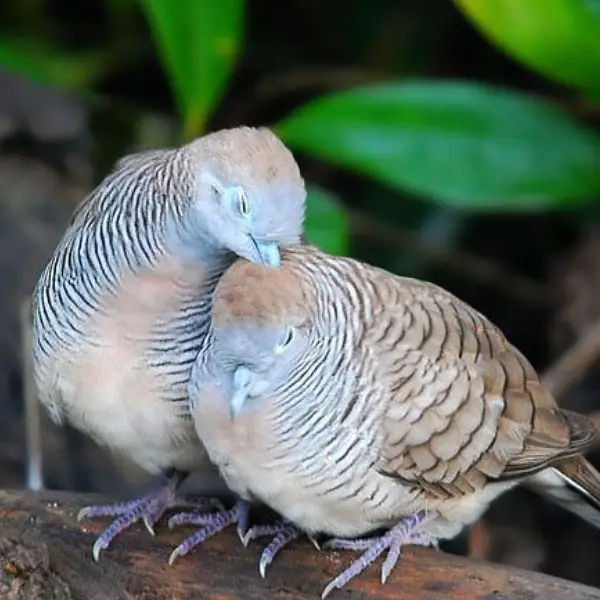
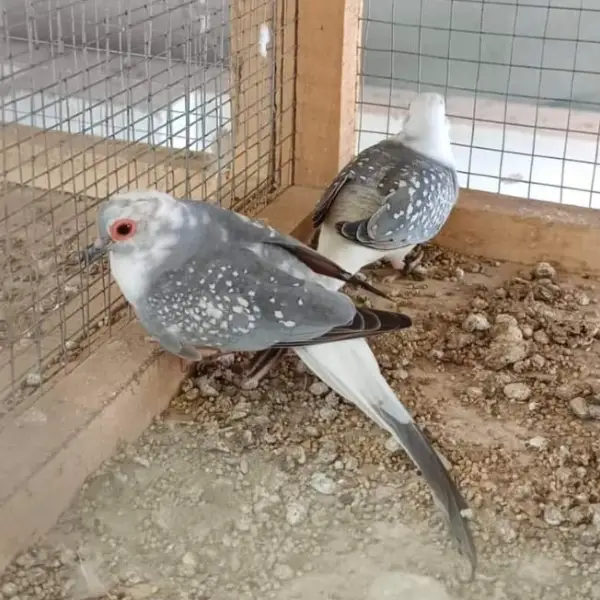
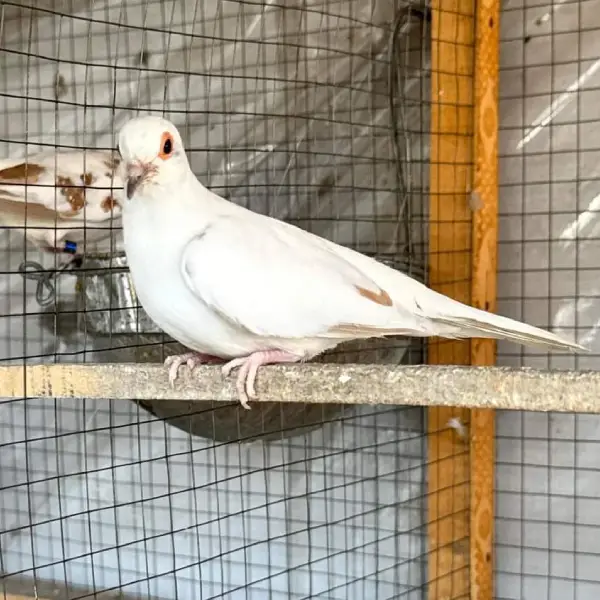

Reviews
There are no reviews yet.